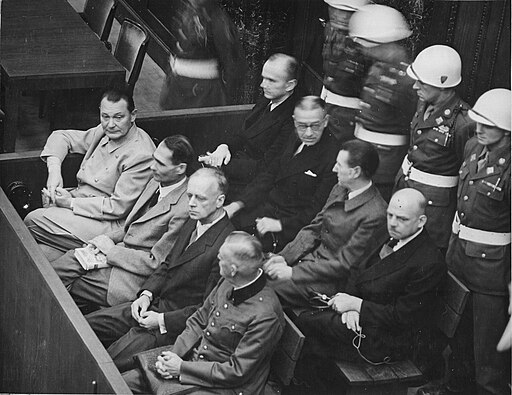
The bill, passed by veto-proof majorities in Congress amid large protests in the “special administrative region,” allows the president to impose sanctions on officials who violate human rights there, and requires various US government departments to annually review Hong Kong’s political status with a view toward changing trade relations if the US doesn’t like what it sees.
In response to the bill’s passage and Trump’s signature, the Chinese government in Beijing denounced US “meddling” in China’s “internal affairs” and threatened “countermeasures.”
Some non-interventionists agree with Beijing’s line on the matter, claiming that Hong Kong is intrinsically part of a thing called “China” and that the US simply has no business poking its nose into the conflict between pro-democracy (and increasingly pro-independence) protesters and mainland China’s Communist Party regime.
I happen to disagree with Beijing’s line, but that doesn’t mean I think the bill is a good idea. Non-interventionism is sound foreign policy not because the situation in Hong Kong is simple, but because it’s complex.
In 1842, the British Empire forced China’s Qing dynasty to cede areas including Hong Kong to it as a colony. In 1898, that same dynastic regime granted Britain a 99-year lease on Hong Kong.
When Britain’s lease ran out in 1997, Hong Kong wasn’t returned to the Qing dynasty. That dynasty no longer existed. It had been replaced in rebellion and civil war, first by a notional republic under Sun Yat-sen’s Nationalist Party, then in 1949 by Mao’s Communist Party.
But Britain still returned Hong Kong to “China,” albeit with some negotiations for “special administrative status,” meaning more personal, political, and economic freedom than the people of mainland China enjoyed. Now the Beijing regime is acting to erode the prerogatives of that “special” status, and the people of Hong Kong are unhappy about it.
The problem is that the Westphalian nation-state model that has prevailed for the last 400 years treats given areas as “sovereign” even if the governments within those areas change. “China” is the territory enclosed by a set of lines on the ground (“borders”) agreed to by politicians once upon a time, and nothing that happens within those borders is anyone else’s business, forever and ever amen.
Yes, Hong Kong was “returned” to a “China” completely different from the “China” it was torn from, but nobody gets to tell the new “China” what to do within the agreed borders. At least, it seems, not for more than 20 years or so.
I don’t like that, but I don’t have to like it. That’s how it is whether I like it or not. Beijing doesn’t get to decide how Washington treats us. Washington doesn’t get to decide how Beijing treats the people of Hong Kong.
That being the case, the choice is non-intervention or some form of conflict, up to and including war. I prefer the former — and I hope we evolve out of the nation-state political model before the latter destroys us.
Thomas L. Knapp (Twitter: @thomaslknapp) is director and senior news analyst at the William Lloyd Garrison Center for Libertarian Advocacy Journalism (thegarrisoncenter.org). He lives and works in north central Florida.
PUBLICATION/CITATION HISTORY


